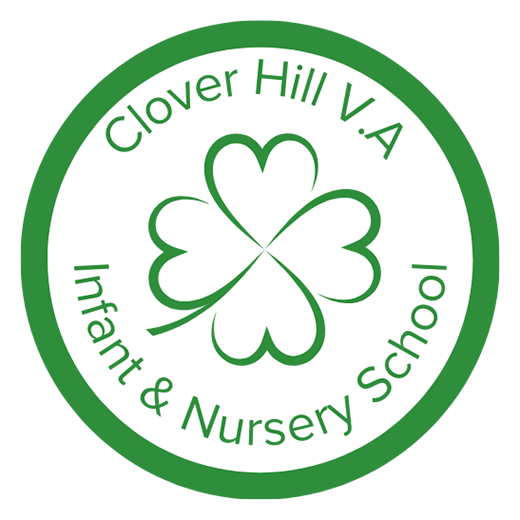 “There are many little ways to enlarge your child’s world. Love of books is the best of all.”
“There are many little ways to enlarge your child’s world. Love of books is the best of all.”
– Jacqueline Kennedy
How is reading taught at school?
At St. Michael’s VA Junior we follow the National Curriculum and the ‘Read Write Inc’ scheme to teach reading. Children are taught the key skills of reading through group phonics sessions, whole class shared reading, small group guided reading and through paired or individual reading.
We teach children to read by breaking reading up in to the following little steps;
Phonics
Phonics is the word used to describe the sounds the letters make. In simple terms, the word ‘cat’ can be read from its three sounds: c-a-t. These are not the names of the letters as we say them in the alphabet, but the sounds these letters make. Likewise, the word ‘thick’ is made up of three sounds: th-i-ck, where pairs of letters combine to make a single sound. Similarly, ‘rash’ is made up of three sounds: r-a-sh.
It is important that we get these sounds right when helping children to read. If you need more help, the oup.com/oxed/primary/rwi/forparents/ website is very useful and will explain the process in more detail.
Some words have tricky spellings and cannot be sounded out in the same way e.g. ‘said’ and ‘the’. Children will practise reading these words on red coloured cards.
Listening
We read children lots of stories, poems, rhymes and non-fiction texts. This helps them to build patterns, rhymes and repetitions, ask questions and improve their understanding of how sentences and texts are built. We spend lots of time talking about and looking closely at different texts.
Speaking
Language enhances thought. We therefore encourage lots of talk about things, people, characters, feelings and ideas. We ask children questions and encourage them to ask their own questions such as what’s that…? Who is that…? When…? Where…? Why…?
We deliberately try to build on what children say, until very soon they are talking in elaborate and extended sentences.
Through lots of talk, children develop their understanding, imagination and creativity.
How you can help your child to become a super reader
|
|
Golden Rules
|
FAQ’s
What if my child can’t read some of the words?
Just say the word to keep the meaning of the story or quietly say the first sound and see if your child can predict what the word is. Don’t ask your child to sound out all the words as this doesn’t always work particularly with small common words such as ‘the’, ‘said’ and ‘you’. If in doubt, always give your child the word.
What if my child makes a mistake?
If the ‘mistake’ makes sense, let your child continue reading. The mistakes that matter are the ones that don’t make sense. The most important thing about reading is that the meaning is clear.
Should I cover up the pictures?
No! Encourage your child to look closely at the pictures to help them with their predictions. (We often ask children to look at all the pictures before they begin to read the words so that they know what the story is about.)
Why isn’t my child reading more difficult books?
Parents anxious for a child to progress can mistakenly give a child a book that is too difficult. This can have the opposite effect to the one they are wanting. Until your child has built up his or her confidence, it is better to keep to easier books. Struggling with a book with many unknown words is pointless. Flow is lost, text cannot be understood and children can easily become reluctant readers.




